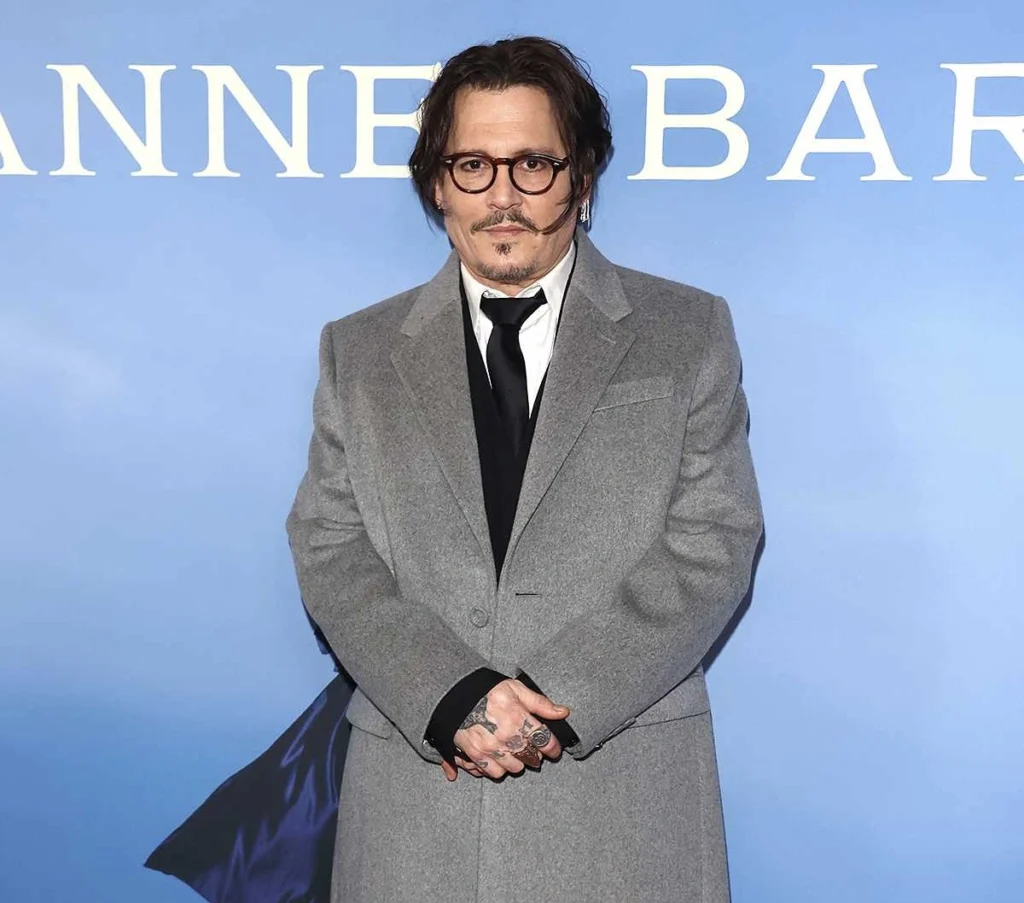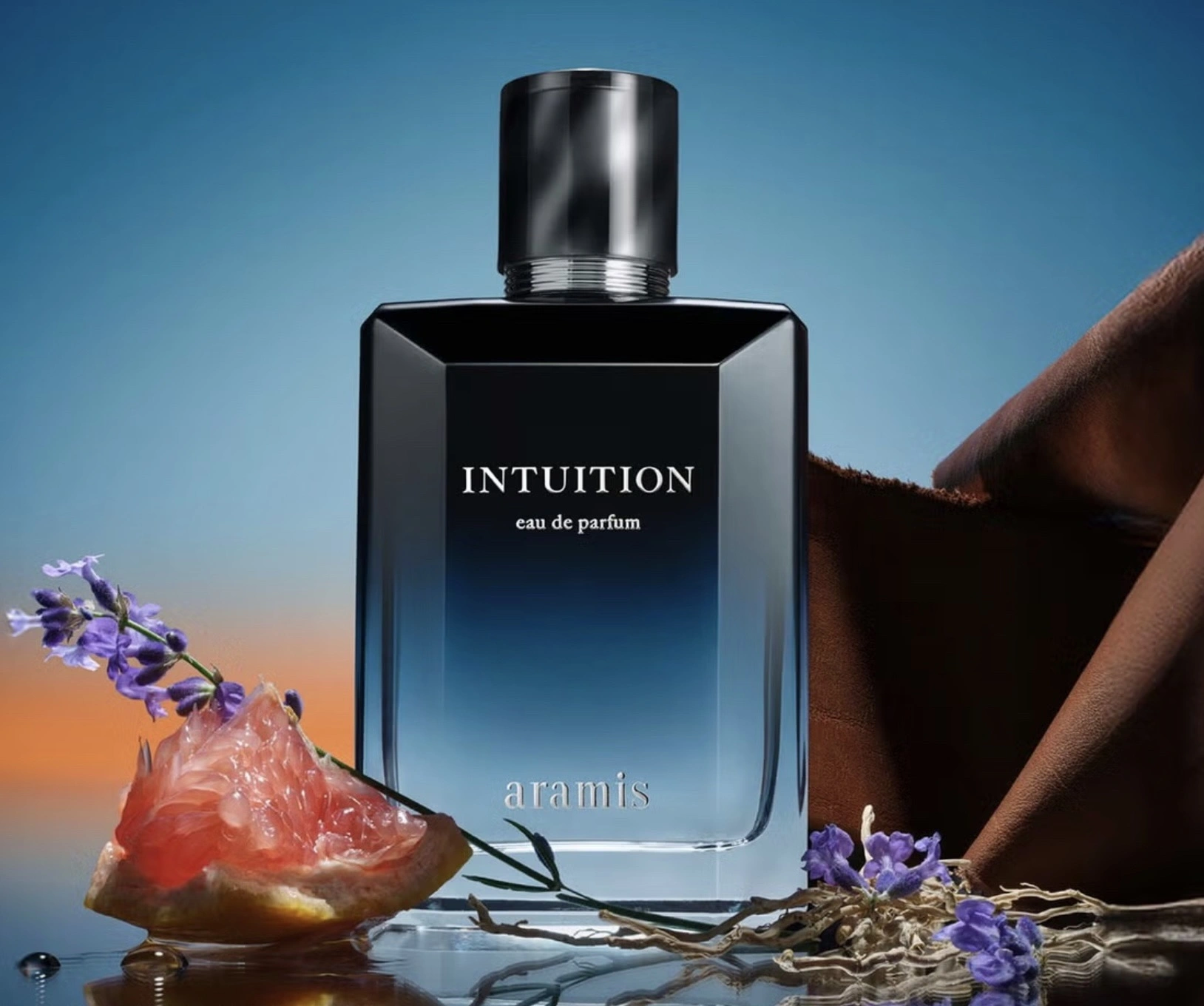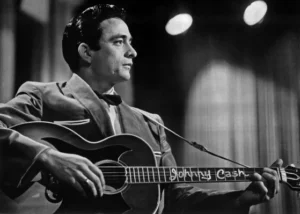In a cinematic move that unites classic literature with modern horror sensibility, Johnny Depp will star as Ebenezer Scrooge in Ebenezer: A Christmas Carol, an upcoming reimagining of Charles Dickens’ timeless 1843 novella. Directed by Ti West, the film is already being described as a “thrilling ghost story set in Dickens’ London,” marking both a bold creative departure and a symbolic comeback for one of Hollywood’s most enigmatic figures. Scheduled for release on November 13, 2026, the project signals a fascinating intersection of tradition, genre innovation, and personal reinvention.
The collaboration between Depp and West — a veteran actor known for his eccentric transformations and a filmmaker acclaimed for modern horror classics — suggests that this adaptation won’t merely retell Dickens’ parable of greed and redemption. It will likely drag it, kicking and shivering, into the psychological and supernatural depths that the original only hinted at.
the tale reborn
Few stories in English literature have been adapted as often or as diversely as A Christmas Carol. Its moral compass — the miser Scrooge’s journey from selfishness to salvation through spectral intervention — has inspired countless versions across film, theatre, animation, and television. Yet even among the dozens of interpretations, the tale’s inherent darkness often lingers just beneath the surface: death, regret, and existential dread wrapped in tinsel and carols.
That undercurrent makes it ripe for Ti West’s touch. His films — The House of the Devil, The Innkeepers, X, Pearl, and MaXXXine — all deal in period-specific tension and creeping dread, finding humanity in horror and horror in humanity. Translating Dickens’ Victorian ghost story through that lens means that this Christmas Carol could become the most visually and tonally distinct in decades.
This new version isn’t about sentimentality. Instead, it appears to resurrect the supernatural fear that once defined Victorian morality tales: the punishment of the miser, the metaphysical weight of one’s deeds, and the literal haunting of guilt. West’s approach will likely highlight the ghost story as central to Dickens’ social critique — not just a plot device for redemption, but a confrontation with mortality itself.
johnny depp
For Johnny Depp, this role carries both symbolic and professional weight. After years away from major studio leads, following public trials and a turbulent media narrative, Ebenezer represents a return to the kind of character-driven, transformative work that defined his early career.
Depp has always gravitated toward figures of eccentric isolation — Edward Scissorhands, Ichabod Crane, Sweeney Todd, Jack Sparrow — men marked by loneliness, obsession, or defiance of convention. Ebenezer Scrooge, though older and more grounded in realism, fits that lineage perfectly: a man consumed by cynicism, haunted by ghosts both literal and emotional.
Beyond performance, Depp’s involvement also reflects a thematic mirroring: Scrooge’s redemption after public disdain parallels the actor’s attempt to reframe his legacy. Playing one of literature’s most famous curmudgeons may be an act of artistic catharsis — a man reclaiming empathy through art.
Critically, his presence also guarantees audience curiosity. Whether out of loyalty, fascination, or controversy, viewers will show up to see what Depp brings to this role — and whether this project marks a true return to form.
ti west
For Ti West, this adaptation continues his ascent from indie horror auteur to mainstream visionary. In recent years, he’s proven himself capable of weaving style, history, and performance into potent genre storytelling. X and Pearl revived the slasher with arthouse precision; MaXXXine blended neon glamour with existential dread.
Now, Ebenezer: A Christmas Carol gives West an entirely new playground: Dickensian London. Expect his signature meticulousness — handcrafted lighting, detailed period mise-en-scène, and long, patient takes that build unease rather than rely on jump scares. The ghosts in his world will not be cartoonish spirits of holiday cheer, but entities of psychological torment, echoing West’s fascination with repression, guilt, and transformation.
West’s involvement also signals a shift in how studios treat horror-adjacent prestige projects. What was once considered niche — “elevated horror” — now routinely crosses into mainstream critical acclaim. Paramount’s decision to back West and Depp on a large-scale adaptation shows faith in that creative current: that horror and heritage can coexist, and even thrive, under the same cinematic roof.
vision
Although plot details remain under wraps, early descriptions promise a “thrilling ghost story set in Dickens’ London, following one man’s supernatural journey to face his past, present, and future.” That phrasing emphasizes atmosphere and interiority. The London of West’s Ebenezer will likely be grimy and spectral — a city of fog, lamplight, and spectral morality, where commerce and conscience collide.
In Dickens’ novella, the ghosts are moral instruments — messengers forcing Scrooge to confront the consequences of greed. But West may approach them differently, as psychological manifestations of guilt or trauma. The Ghost of Christmas Past could become a living memory sequence, tinged with surreal dread; the Ghost of Christmas Yet to Comemight feel like an omen of apocalypse rather than a vision of possibility.
The cinematography, likely drenched in chiaroscuro tones and candlelit interiors, may borrow from gothic classics and 1970s European horror. West’s strength lies in restraint: he knows that fear grows in silence, not spectacle. A Christmas Carol provides the perfect framework for that — a ghost story where the scariest thing is not death, but the realization of a life wasted.
production
Andrea Riseborough joins Depp in an undisclosed role, though her casting immediately invites speculation. Known for performances that blur empathy and eeriness — Mandy, Possessor, To Leslie — Riseborough could bring powerful complexity to a character like the Ghost of Christmas Past or Belle, Scrooge’s lost love. Her emotional precision and intensity complement West’s directing style, which thrives on psychological nuance.
The screenplay comes from Nathaniel Halpern, whose writing in Tales from the Loop and The Killing shows a knack for melancholic science fiction and emotional minimalism. His involvement suggests a character-driven approach — less about plot gimmicks, more about interior transformation.
Behind the scenes, producer Emma Watts — former Paramount executive behind Top Gun: Maverick and The King’s Speech — ensures major studio backing, while Depp’s longtime associate Stephen Deuters serves as executive producer. Together, the production team balances arthouse credibility with commercial viability.
release
Paramount’s decision to release Ebenezer: A Christmas Carol on November 13, 2026 is strategic. Positioned just before the crowded December window, it arrives early enough to build word-of-mouth while anchoring itself to the start of the holiday film season.
That timing also speaks to ambition. November releases often signal awards aspirations — enough runway for festival buzz, critic screenings, and holiday box office. A dark, stylish retelling of a literary classic starring Depp could easily fit into that category. Moreover, by launching ahead of the traditional onslaught of holiday comedies and family films, Paramount can market Ebenezer as something distinct: not merely another Christmas movie, but an event film with depth and bite.
The film’s positioning also enters it into quiet competition with Warner Bros., who reportedly have their own Christmas Carol in development, directed by Robert Eggers with Willem Dafoe attached as Scrooge. Two auteur-driven Dickens projects arriving in the same season could ignite a fascinating cultural duel — gothic minimalism versus supernatural expressionism.
theme
Dickens’ story is, at its heart, a supernatural moral drama. Scrooge is visited by ghosts that personify time, consequence, and conscience. The novella’s original readers saw it not as sentimental but as cautionary — a ghost story for social justice. West’s adaptation seems poised to restore that weight.
The ghosts, in West’s hands, may not merely frighten; they may embody class guilt, industrial exploitation, and the emotional rot of greed. Victorian London, after all, was a city of extremes — wealth and poverty separated by candlelight. The horror of A Christmas Carol is not the supernatural, but the indifference of man.
By framing Scrooge’s reckoning as a gothic ordeal, West could make his redemption feel earned, not moralized. The film might examine capitalism’s corrosive grip, loneliness as addiction, and the cost of forgetting compassion — all ideas that feel startlingly contemporary in a post-pandemic, economically divided world.
flow
Depp’s involvement inevitably invites meta-commentary. Like Scrooge, he is a man once adored, then vilified, now on the precipice of public reinvention. The parallel is almost literary. Both figures face ghosts — of reputation, of past choices, of public judgment — and both seek a form of redemption through self-confrontation.
If played sincerely, Scrooge could be Depp’s most human role in years. Rather than hiding behind makeup or eccentricity, he’ll need to rely on restraint — a weary man’s gradual thawing from cynicism to grace. That journey, when paired with West’s patient filmmaking, could yield a performance both raw and redemptive.
Hollywood loves a comeback. But what’s fascinating here is that the comeback itself is embedded in the material. Ebenezer becomes both story and statement: that change is possible, that ghosts can be faced, that empathy can return.
revel
Why revisit A Christmas Carol now? Because its message — that compassion can undo cruelty — feels urgently relevant. In an era of corporate greed, digital isolation, and political cynicism, Scrooge’s awakening resonates anew.
West’s version could interpret the ghosts not as fantasy, but as metaphors for systemic guilt: the haunting of wealth, the punishment of indifference. This Scrooge might not only see what he’s done wrong but also glimpse the world his greed has created — a colder, emptier future.
In this sense, Ebenezer becomes less about one man’s soul and more about collective responsibility. The “ghosts of Christmas Yet to Come” could symbolize environmental collapse, social decay, or the mechanization of empathy. Dickens’ tale endures precisely because it adapts — and in 2026, it may confront the modern spirit of capitalism with newfound ferocity.
impression
Ebenezer: A Christmas Carol stands poised to reawaken the story that first defined modern Christmas storytelling — but through shadows rather than snowflakes. Johnny Depp’s casting anchors the film with both curiosity and gravitas, while Ti West’s direction promises atmosphere, restraint, and emotional danger. Together, they could deliver not just another adaptation but a reinvention: one where redemption feels hard-earned, and the ghosts linger long after the credits roll.
Paramount’s faith in this pairing reflects the studio’s understanding that audiences crave reinvention over repetition. If West’s vision succeeds, Ebenezer could signal a new era of holiday cinema — one where warmth coexists with dread, and Dickens’ ghosts find new life in the dark corners of the modern conscience.
No comments yet.








